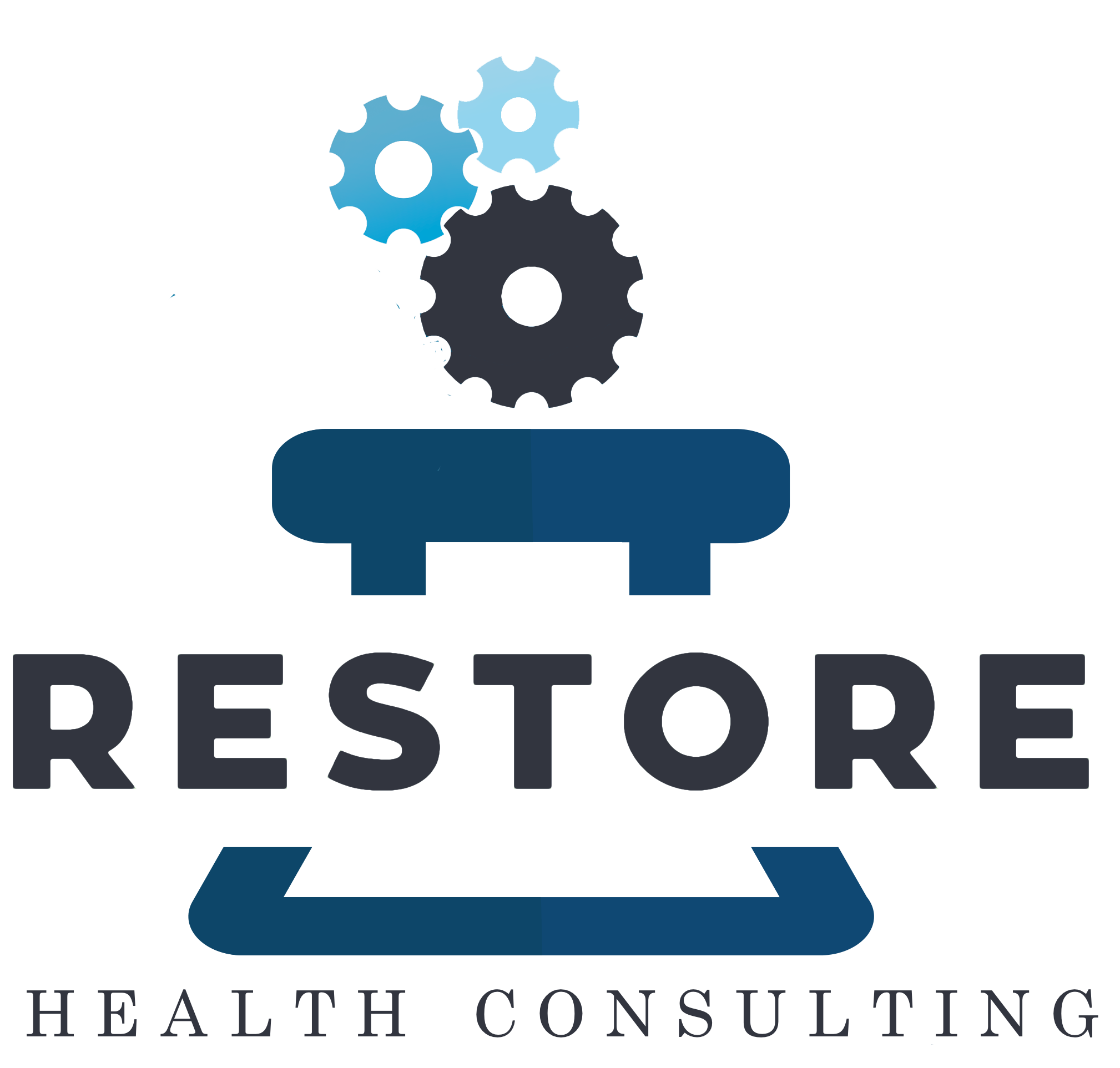Could compounders be the answer to drug shortages in the time of COVID-19 and beyond?
Drug shortages are nothing new to the healthcare industry. Health systems and clinics have been dealing with the issue for years. The problem is so prevalent that both the FDA and American Society for Health System Pharmacists (ASHP) keep a running list of current drug shortages. Managing drug shortages is especially challenging and have numerous far-reaching negative outcomes.
Effects of Drug Shortages Include:
Compromised or delayed medical procedures
Increased medication errors and patient harm
Increased healthcare costs
Historical Reasons for Drug Shortages Include:
Quality management system failures
Manufacturing capacity issues
Active pharmaceutical ingredient shortages
Discontinuation of drugs from the market
Poor inventory management
COVID-19 Impact on Drug Shortages
For about a year since the pandemic began, COVID-19 has been a major cause of drug shortages around the world. It has triggered extensive interruptions in the supply chain and has put unparalleled demands on the pharmaceutical industry. The global need for drugs used in treating and managing the symptoms of the virus has increased exponentially during the ongoing health crisis, making it nearly impossible for hospitals to obtain certain anesthetics, sedatives, muscle relaxants, analgesics, etc.
Compounders Help Alleviate the Supply Gap During COVID-19
Outsourcing facilities (and even compounding pharmacies) have been instrumental in alleviating pressures put on the drug supply chain due to COVID-19. As per the Food Drug & Cosmetic Act, compounders are allowed to produce drugs that are currently on shortage within regulatory boundaries. For example, while 503B outsourcing facilities require no patient specific prescription and can mass distribute compounded drugs to prescribers for office/hospital use, they must comply with current good manufacturing practice (CGMP) and are limited in the use of bulk drug substances. Similarly, 503A pharmacies are confined to patient specific prescription compounding and are normally not allowed to dispense compounds for office use. However, shortly after the pandemic hit, FDA gave compounders temporary provisions in regulations to shrink the drug supply gap.
May compound drugs that are essentially copies of approved drugs
Can distribute compounds to hospitals without patient-specific prescriptions
Shall assign a beyond use date (BUD) as described in the FDA policy
May compound drugs that are essentially copies of approved drugs
Can use bulk drug substances that are not on FDA’s 503B Bulks List
Are permitted to assign BUDs in lieu of conducting full stability studies
Caveats to the Provisions:
The compounded drug must be provided directly to a hospital that is treating patients with COVID-19, which has made reasonable attempts to obtain but has not been able to acquire adequate supplies of FDA-approved drug products.
The compounded drug product must appear on the list of drugs used for hospitalized patients with COVID-19 maintained on FDA’s website.
The provisions are active only during the COVID-19 public health emergency.
Other stipulations are described regarding BUD assignments, record-keeping, state notifications of the practice, and adverse drug event reporting.
Challenges in Identifying a Compounder
While regulatory flexibility has been a necessity in bridging the supply gap during the pandemic, hospitals and health systems have had trouble identifying compounders that can serve their needs. This is a long-standing challenge in the compounding industry. Prescribers and patients alike typically identify a registered 503B outsourcing facility or 503A compounding pharmacy the old fashioned way – by calling each listing one by one and inquiring if a particular compound is prepared at that location. In response to this, the Outsourcing Facilities Association (OFA) published a list of COVID-19 compounds produced at each outsourcing facility and pledged to update the list daily. The FDA also published an Outsourcing Facility Product Report which contains a list of drugs compounded within the last two years to identify outsourcing facilities that have produced certain drugs. Reports are added every six months and includes retrospective information only.
Looking Ahead
There is no doubt compounding pharmacies and outsourcing facilities serve a need that large drug manufacturers cannot always meet. Aside from their niche in personalized medicine, compounders hold a respectable seat at the drug supply chain table to ameliorate drug shortages. As the anniversary of the COVID-19 emergency declaration approaches, a few questions arise:
After the pandemic is over, will the FDA construct a framework for compounders to serve drug shortages in a similar manner that has been allowed during COVID-19?
When the FDA finalizes the 503A Bulks List and 503B Bulks List, will they preserve compounder’s access to a wide range of active pharmaceutical ingredients?
Will there be a centralized system where 503Bs and 503As can list their offerings of precision medicine therapies and compounds that address drug shortages in real time to help prescribers and patients source compounds?
The answers to these questions remain to be seen.
